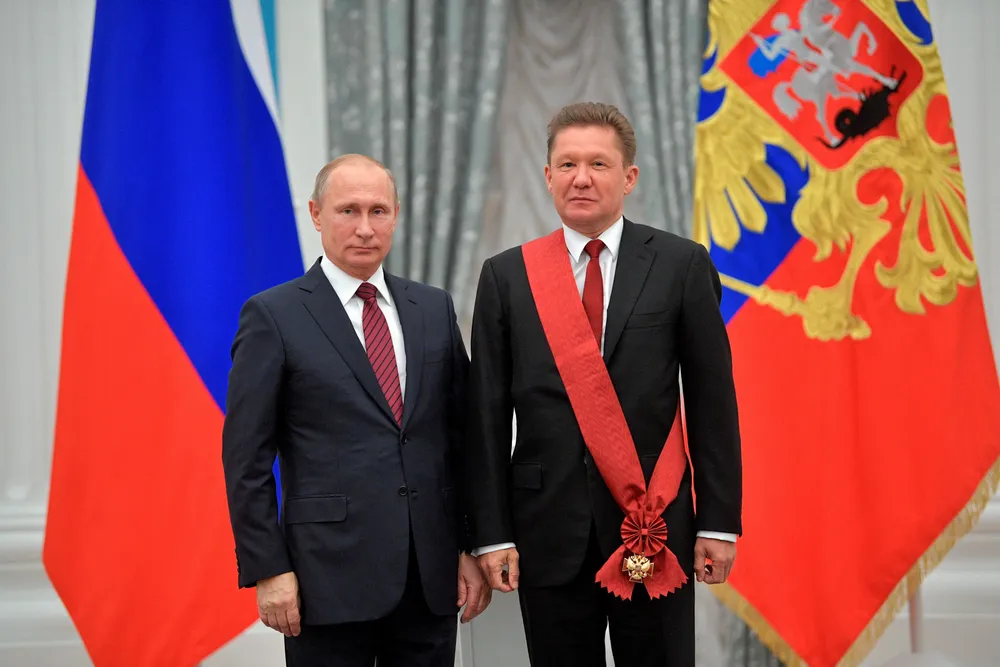Russia standoff with Nato over Ukraine may already be changing the energy map
Russia's dispute with the US and Nato over Ukraine is prompting talks and preparations aimed at reducing Europe's reliance on Russian energy supplies

Russia's dispute with the US and Nato over Ukraine is prompting talks and preparations aimed at reducing Europe's reliance on Russian energy supplies
